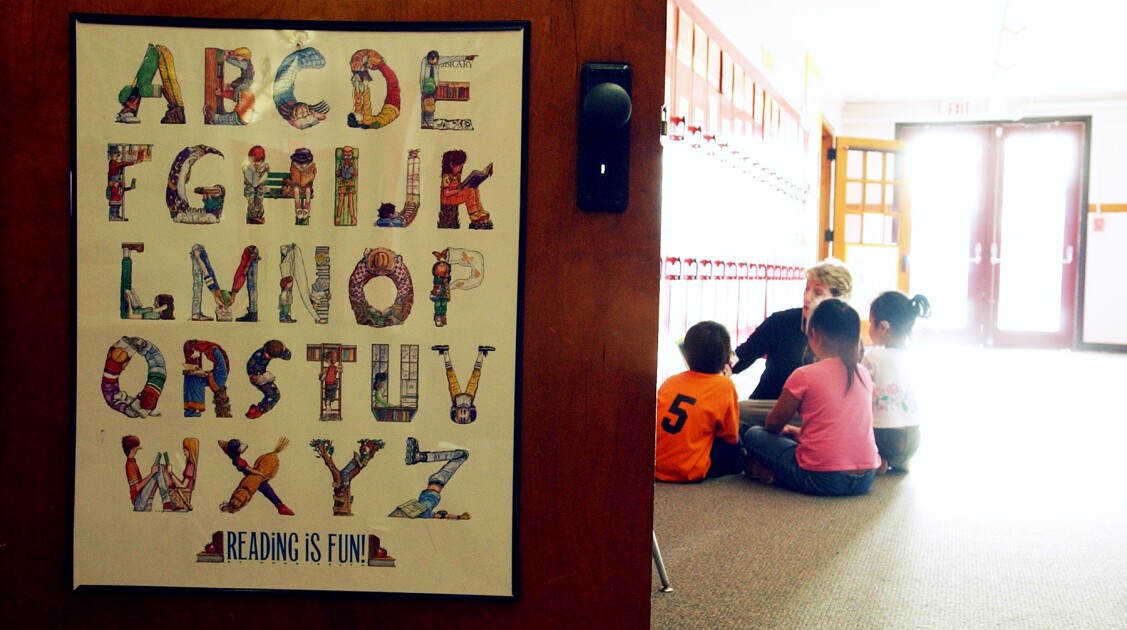In a crowded elementary school auditorium in October, two students approached the microphone to introduce the day’s guest speaker: an author who had come to read her book to the assembled students.
But this visit was different from other book talks that Hubbard Woods Elementary School in Winnetka, Ill. had hosted before. The author was a former student—and she had come to share her new children’s book, about an experience at the school that shaped how she saw herself as a learner.
“When I was around your age, I learned that I had a learning disability, and I was confused about what that meant,” Zoe Kozina, a 12th grader at New Trier High School in Winnetka, told the crowd in the auditorium. Kozina, 17, is the author of Your Beautiful Mind, published this year.
In the book, based on Kozina’s own experience, 3rd grader Penelope the Panda discovers she has a math learning disability, and figures out how to navigate classes and special education services with the help of her teachers and friends.
“That’s kind of what inspired me—thinking about you guys now, and what I felt like back then,” Kozina told the students.
About 15 percent of all U.S. students receive special education services, according to federal data. Almost a third of these students have a specific learning disability, such as dyslexia—which is characterized by difficulty in reading—or dyscalculia, which affects students’ ability to learn math.
In an interview with Education Week, Kozina reflected on her own elementary school experience, and offered advice for teachers and specialists who work with students with learning disabilities.
“It’s really subjective to each student, but I know for me, I wanted that space to see, OK, well, what is it that I need? What is it that I’m failing at? And having the teacher come in and fill in that bridge,” Kozina said. “Giving them the chance to try things on their own, and then coming back and helping them, [it] really helped me to see that I can keep going, I can keep pushing.”
Watch the full interview above.









